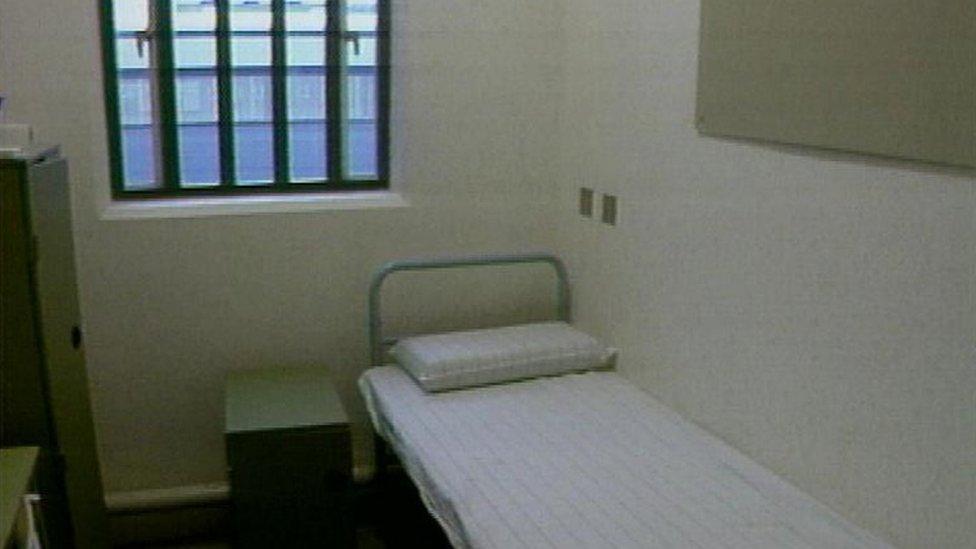Mental health calls 'stopping police preventing crime'
- Published
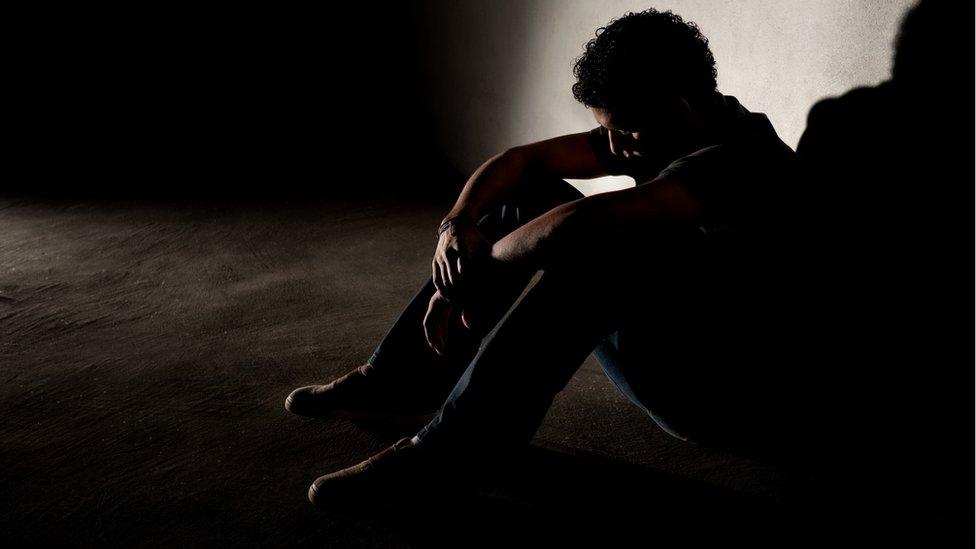
Mental health calls are stopping police officers detecting and preventing crime, a force's chief constable said.
Dyfed-Powys' Mark Collins said a 30-to-40% UK-wide increase is affecting his staff's ability to do other duties.
The BBC Wales Live programme found a large spike in calls to Welsh forces - in five years, South Wales Police saw a 223% rise.
The Welsh Government said the use of police custody for mental health patients has reduced since 2015.
"It doesn't impact on 999 calls, but we're not being proactive, preventing crime, detecting crime, and other policing duties, because we're tied up in that work," said the chief constable.
South Wales Police has seen the greatest increase in specific mental health calls, rising from 10,279 in 2012-13 to 33,252 in 2016-17.
In the same period, Dyfed-Powys experienced a 29% rise - from 4,195 to 5,428.
North Wales Police recorded a 104% increase, however, its figures are collected differently and in 2017 to date, there have been 568 calls compared to 391 in the whole of 2012.
The first full year Gwent Police collected figures was 2015, with the 2,471 calls - 29% less than 2016, when calls hit 3,187.
Mr Collins, who also leads on mental health for the National Police Chiefs Council, said the situation is exacerbated by the fact out-of-hours options for people are limited.
This means dialling 999 is often the only choice for people.
To deal with this, Dyfed-Powys Police has been running a triage service with Hywel Dda University Health board for the past three years.
It is the first of its kind in Wales and involves an officer and mental health professional working together from 16:00 to 00:00 and visiting the home of anyone calling 999.
The service currently operates four nights a week, but based on demand, it could soon be rolled out every day.

CASE STUDY - GEORGIA'S STORY:
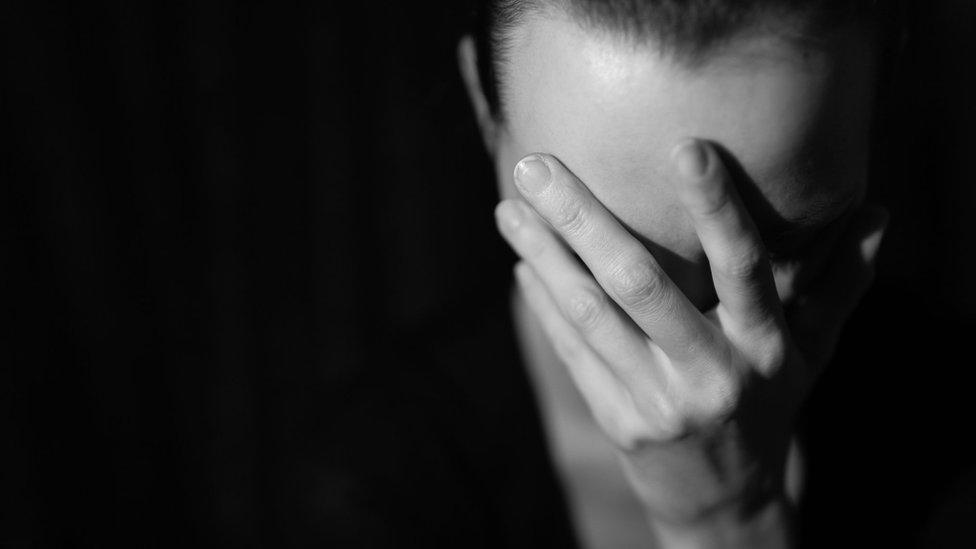
Dyfed-Powys Police has introduced a new service to help tackle the issue
Georgia Lawson, 25, from Welshpool, Powys, has suffered with mental health problems in the past and regularly relied on the police for help.
"It's been a couple of years now luckily, but I was really not safe. I was struggling with suicidal thoughts on a regular basis," she said.
"At my worst I was probably calling them out three to four times a week and sometimes I'd see them two days back-to-back because whatever crisis happened on the one day hadn't been resolved properly, so I was in the same situation the next night."
Ms Lawson said without police help, she would have been in hospital in a life-threatening situation more than once, adding: "I can say that they are part of the reason that I'm still here today."

The Welsh Government said a mental health crisis care concordat, introduced in 2015, has "significantly reduced" the use of police custody as a safe place for people in mental health crisis.
It was brought in to ensure people are given relative care and are not locked up.
"We continue to work collaboratively with key partners across Wales, including the NHS and the police, to support people in mental health crisis," the spokesman added.
More on this on Wales Live, BBC 1 Wales, Wednesday at 22:30 GMT
- Published12 June 2015
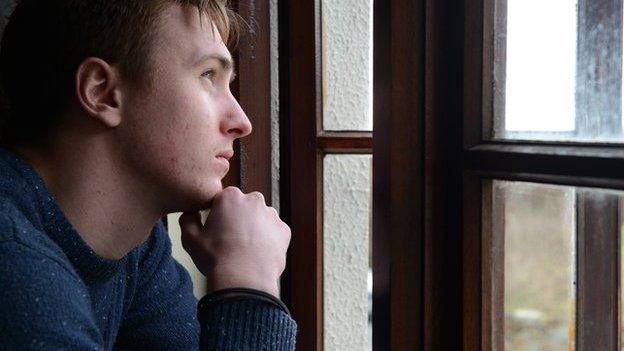
- Published18 January 2015
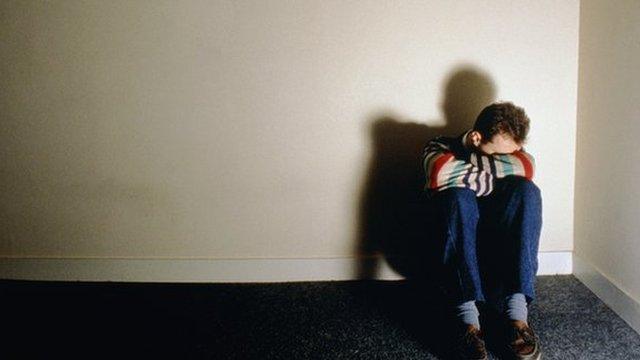
- Published13 January 2016
